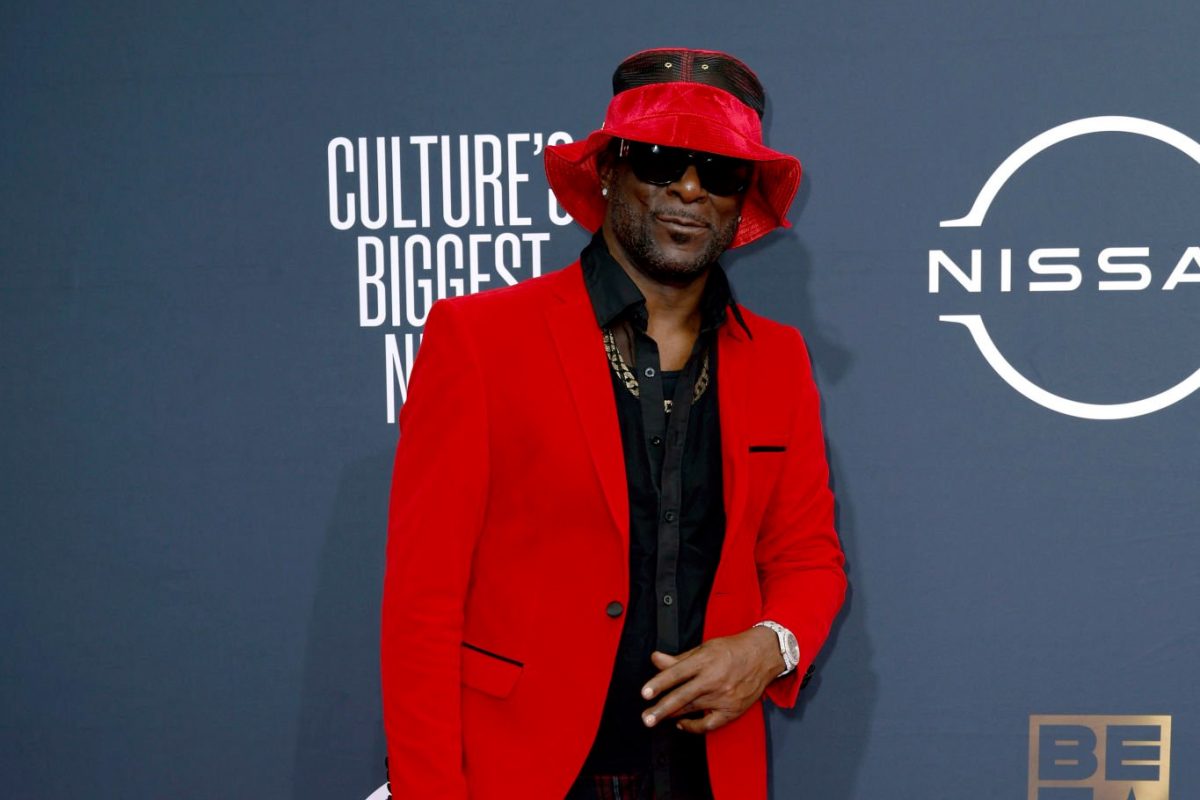Cutty Ranks: Dancehall’s First ‘Gunman Lyricist’

Veteran Dancehall deejay Cutty Ranks recently reminded fans of his groundbreaking role in Dancehall history as the first artist to record a hard-core gun song.
The track in question, Gunman Lyrics, was recorded in 1986 for the iconic producer Winston Riley’s Techniques label on the Things and Time riddim. This song set a precedent in the Dancehall genre, with Cutty crafting his lyrics using simple gun talk that had no literal harmful effects, unlike some of his gun songs that followed.
In a recent interview on Yard Style Live, the 59-year-old proudly claimed the pioneering title.
“Wi used to have a song weh name Gun Man Lyrics – di first gun song weh deejay inna Jamaica weh seh ‘Raggamuffin Cutty Ranks, you a murdera. Raggamuffin Cutty Ranks, I am a slaughtera. Yuh call dis gun man lyrics yuh call dis gun man lyrics, phenomenon…'” he recounted.
“Dem song was the first song I record for Winston Riley on the Techniques label. An when wi reach a certain part a di song wi seh: ‘bouddie pie pie pie, bouddie pie pie pie pie’, “he added.
Gunman Lyrics stood out for its content and its creative use of the literary device of personification. In the song, Cutty Ranks humanizes various types of rifles and pistols by depicting them as partygoers at a Dancehall event. The weapons, endowed with human traits, attended a gun party, which was not held in the usual lawn, but in a gun shop.
The roles were creatively assigned: Gun High Power acted as the sound selector, a big machine gun as the gatemaster, a ‘double mouth matic’ as the bartender, and a German Luger as the operator. The .38 Special also served as the sound player.
When the M-16 rifle took center stage on the dance floor, this only provoked the jealousy of the Bazooka rocket launcher, who decided to take away the limelight from the M-16 by opening fire.
Dancehall connoisseurs argue that the song, which followed in the thematic footsteps of Papa San’s Animal Style, Super Cat’s Vineyard Party, and Jack of Diamonds’ Vegetable Party through Cutty’s imaginative storytelling, set the standard for all future ‘gunman’ lyrics in Dancehall.
Cutty Ranks also recorded the less-popular Fishman Lyrics for Winston Riley, about a party in the ocean featuring sharks and various sea creatures, further showcasing his versatility as an artist.
Earlier this year, Cutty Ranks sparked a conversation on social media after sharing a video of American music executive Murray Elias praising him as one of Dancehall’s “baddest,” while noting that his gunman songs were highly danceable, unlike the “badman” music coming out of Jamaica today.
Cutty, who worked closely with Elias in the 1990s, reshared the post with the caption: “Dancehall a me everything!!!!!!!!”
Cutty Ranks’ gun lyrics influenced people beyond Jamaica, particularly with his introduction to Six Million Ways to Die from his hit song Who Seh Mi Dun, which was part of the 1996 album Six Million Ways to Die.
This iconic intro has been sampled by several American artists, including Funkmaster Flex in Six Million Ways to Die, Snoop Dogg in Serial Killer, Method Man and Redman in How High (Original), Joey Bada$$ in Survival Tactics, Mos Def in Mathematics, and Dr. Dre and Ice Cube in Natural Born Killaz.
The Six Million Ways to Die album, described by one critic as “a rude-boy anthem and typical of the gun-obsessed dancehall of the time,” featured 15 tracks, including The Return, Hitman, Time to Die, Push Out Oonuh Head (DJ Line Up), Undertaker, One Gun Two Gun, Bush Tonic, and Waste a Time featuring Shaggy.
Cutty Ranks, whose given name is Phillip Thomas, transitioned from being a butcher to a celebrated Dancehall artist. His musical journey began in the 1980s on sound systems before he joined Donovan Germain’s Penthouse label, where he collaborated with Reggae legends, including Marcia Griffiths, Beres Hammond, Dennis Brown, and Wayne Wonder.
His most successful album, The Stopper, which was released in 1991, included hit tracks such as Hand Grenade, Pon Pause, The Cutter, Mi Aim, Original Rude Boy Style, One Day Badness, and the title track The Stopper.
